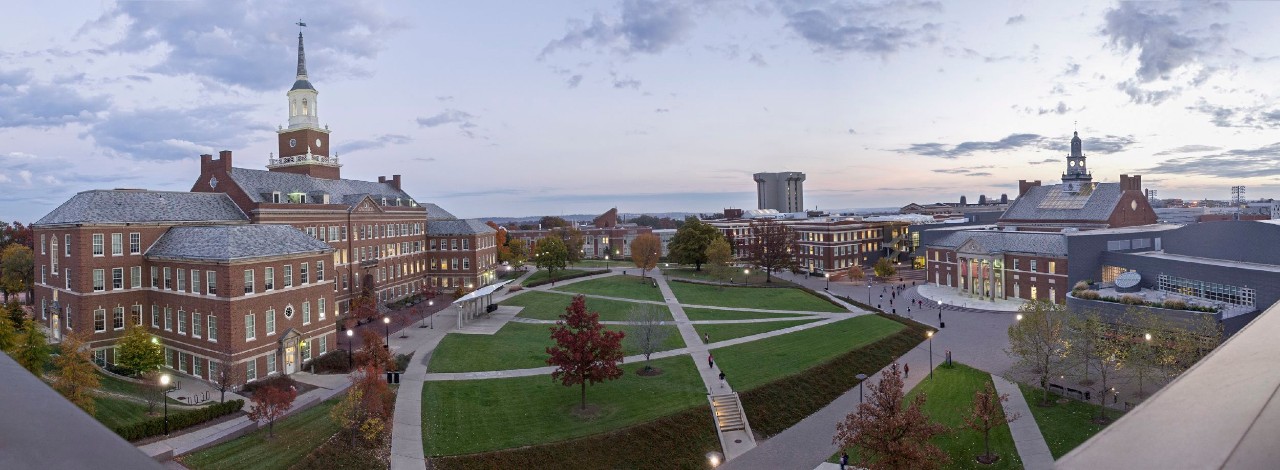
Science: UC biology grad was unheralded pioneer
Charles H. Turner fought discrimination while pursuing science after the Civil War
Science Magazine paid tribute to University of Cincinnati graduate and former professor Charles Henry Turner, who made significant contributions to science despite facing oppression and professional discrimination after the Civil War.
The Science profile said Turner's keen insights into animal cognition did not receive the credit they deserved, which not only hurt Turner's career but hindered science as well.
"The entire field of animal cognition may have developed differently," the paper concluded.

Charles Henry Turner.
Turner (1867-1923) was the first African American student to earn a graduate degree at UC. He was class valedictorian at his high school and earned both bachelor's and master's degrees while at UC.
He earned a doctorate at the University of Chicago, but when he sought employment there, he was rebuffed. According to African American historian William DuBois, Turner was passed over by a racist administrator, the Science article said.
Turner spent his career teaching high school, all the while continuing his own research. Turner was the author of 71 articles published in leading journals, where they earned many citations from fellow researchers. He conducted work in the fields of chemistry and psychology, but his greatest contribution was to biology.
His insights included a keen understanding of animal problem-solving and individuality. He observed, for example, how gallery spiders demonstrated creativity to build webs to suit the three-dimensional spaces around them, contrary to the belief at the time that their actions were wholly driven by robotic instinct.
"We may safely conclude that an instinctive impulse prompts gallery spiders to weave gallery webs, but the details of the construction are the products of intelligent action," Turner wrote.
Turner studied the problem-solving abilities of tree snakes that took a circuitous path to sneak up on unsuspecting lizards. And he observed the spatial learning of insects like burrowing bees that use landmarks to return home more than 20 years before Nobel laureate Nikolaas Tinbergen made similar observations.
According to writer Charles Abramson in the journal The Annual Review of Entomology, upon his death Turner was eulogized by his friend and fellow entomologist Philip Rau.
"The handicaps under which Dr. Turner's work was accomplished were many, and were modestly and bravely met," Rau said.
Featured image at top: A panorama of UC's Uptown campus. Photo/Jay Yocis/UC Creative + Brand
Related Stories
The mystery of what’s causing young people’s cancer leads to the...
January 7, 2025
The University of Cincinnati Cancer Center's Jordan Kharofa was featured in a Wall Street Journal article discussing the role of diet and the gut in rising levels of gastrointestinal cancers among young people.
9 Things OB/GYNs want women to know about early menopause
January 6, 2025
Menopause doesn't typically happen until women reach their late 40s or 50s, but some experience early onset menopause. So, Well+Good put together nine things experts want women to know about why early menopause happens, if the treatment options are any different from regular menopause, and how it affects overall health. Michael Thomas, MD, department chair and OB/GYN at the University of Cincinnati College of Medicine, offered his expertise for the article.
UC experts share holiday survival tips in local news report
January 6, 2025
One poor choice could lead to lasting health effects. That's why experts at the University of Cincinnati College of Medicine offered advice to keep everyone safe and avoid an emergency during the holiday season. From food poisoning to children swallowing a button battery, there are a lot of things that can go wrong.
